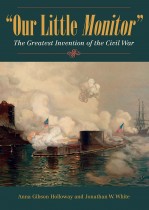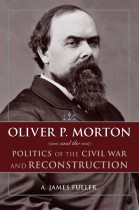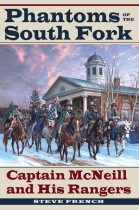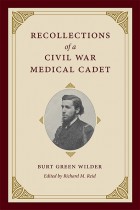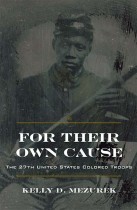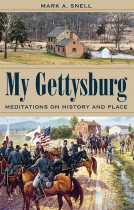“This Infernal War”
Timothy Mason Roberts | Filed under: Civil War Era, Civil War in the North, Understanding Civil War History
Among collections of letters written between American soldiers and their spouses, the Civil War correspondence of William and Jane Standard stands out for conveying the complexity of the motives and experiences of Union soldiers and their families. The Standards of Lewiston in Fulton County, Illinois, were antiwar Copperheads. Their attitudes toward Abraham Lincoln, “Black Republicans,” and especially African Americans are, frankly, troubling to modern readers. Scholars who argue that the bulk of Union soldiers left their families and went to war to champion republican government or to wipe out slavery will have to account for this couple’s rejection of the war’s ideals.

